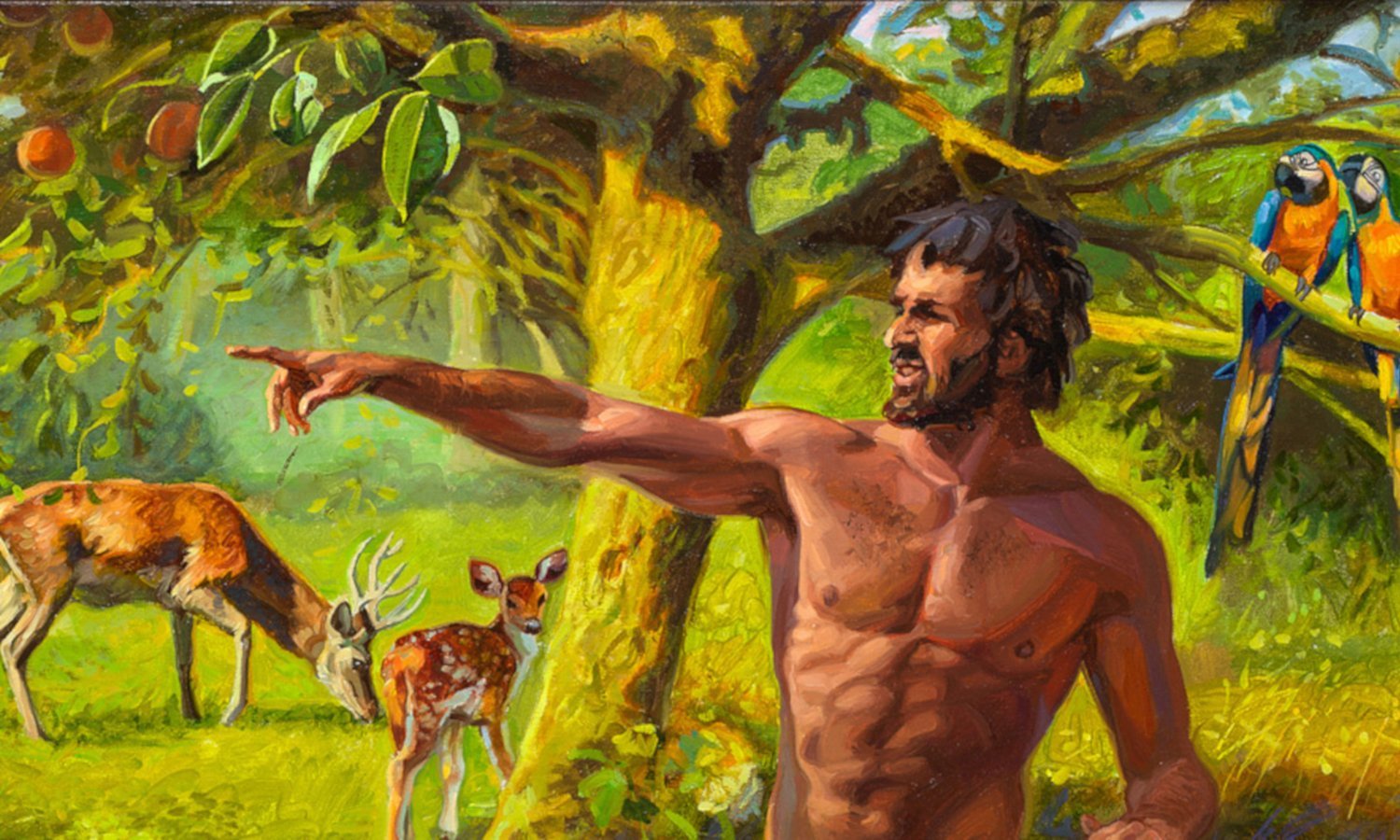
“God created the earth and the heavens in the beginning.” This is how the entire Bible, including the book of Genesis, opens. It tells the story of how the everlasting God made everything. I strongly advise you to read Genesis 1:1–2:25 in the Bible before reading the rest of this post.
Biblical history
God made the earth in the beginning [empty and formless], unsuited for human habitation, covered in water, and gloomy. But He would form and fill His creation in six days with His Word and the power of His Spirit (Genesis 1:1–2; Exodus 20:11–31:17). God created everything in the first three days. He filled it in the next three days.
- When [He] created light on the first day, He distinguished it from darkness by referring to the former as “day” and the latter as “night.” The sun, moon, and stars were then bestowed upon them on the fourth day (Genesis 1:3-5; 1:14-19).
- He divided the clouds from the waters beneath the vast expanse and made the skies on the second day. He then filled the rivers with animals and the sky with birds on the fifth day (Genesis 1:6–8; 1:20-23).
- He distinguished between the oceans beneath the sky and the dry ground on the third day. He referred to the water as “seas” and the dry ground as “earth.” And He made Adam and Eve, the first humans, and the earth’s animal population on the sixth day (Genesis 1:9–13; 1:24–31).
We need to take a moment to reflect on the creation of man. God uniquely fashioned a covenantal connection with humanity. By creating him in His image, giving him life, and placing him in the Garden of Eden to tend to and preserve it, He had demonstrated His kindness to him.
God required allegiance from him after all of this. He desired that, aside from the tree of the knowledge of good and evil, man should demonstrate his loyalty by nibbling on every tree. Death would follow disobedience. God also gave Adam Eve, a helper who was suited for him. They should reproduce and rule over both the earth and the animals together (Genesis 1:24–31; 2:4–25).
After seven days, God finished creating the universe. Because He rested on that day from all that He had created, He blessed and sanctified it. Everything that He had created was excellent and flawless! Genesis 2:1–3.
What does this biblical account teach us?
We can extract a variety of lessons, but I’ll focus on the fundamental ones here:
- The creator of the universe is God. Great facts are revealed to us in the opening lines of the Bible: God is eternal and the creator of the universe. God alone transcends time and space for this reason. He is the Almighty and Ruler of the entire universe (see Psalm 47:7 and Revelation 4:11).
- God makes His objectives for creation clear. Creation reflects His [the trinitarian essence]: the Father creates, the Son carries out, and the Spirit completes it. Take note of how the earth was created in six days, void and formless, and then organized and filled. Why did this happen as it did? This illustrates God’s plan of redemption! He was erecting His earthly dominion. (See also Romans 11:36 and Isaiah 45:18).
- Man was made in God’s likeness. God gave man the qualities of justice, holiness, and intelligence because He intended for him to take care of creation. Man was to fill the land and exercise dominion (as “king”) in His name. God also assigned him the priestly duty of “maintaining and working” the Edenic garden[1]. As the image of God, he served the entire creation from the beginning in the garden (see Psalm 8).
- Original relationship: connection between God and man For man to enjoy Himself eternally, God created a place (the Garden of Eden), a time (the Sabbath), and a means of obedience (the covenant of works). Adam and Eve’s marriage served as a symbol of God’s relationship with humans. This communion would break down if we disobeyed His commands. (See also Revelation 21:3, Leviticus 26:12, and Exodus 6:7).
- Christ is creation’s beginning and finish. The creation was excellent. But Adam was a symbol of Christ, “the last Adam,” and it was just a prototype of the new creation. It had [already been decided in eternity] that Christ would deliver His people from their sins, even when there was no sin on earth. He was the one who created everything and for Him. Christ would be the sole perfect Priest and King, not Adam. (See, for example, 1 Peter 1:19–20, John 1:1–5, and Colossians 1:16.)
Thank you God for showing me Christ in creation!
[1] God gave Adam the directive to “maintain and work” the garden. He ought to take extra care of and safeguard the location where God dwell. It was not the typical work of a gardener because this was not just any old garden. In Numbers 3:7-8 and 8:26, where God gave the priests and Levites the identical command to serve in the tabernacle and to watch over its belongings, these two phrases, “cultivating and keeping,” are also used. Similar to how the Garden of Eden had been during Adam’s day, the tabernacle served as God’s unique dwelling place during those times. Adam and the Levites thus had a priestly duty.
Thanks to GospelImages for the great image.





